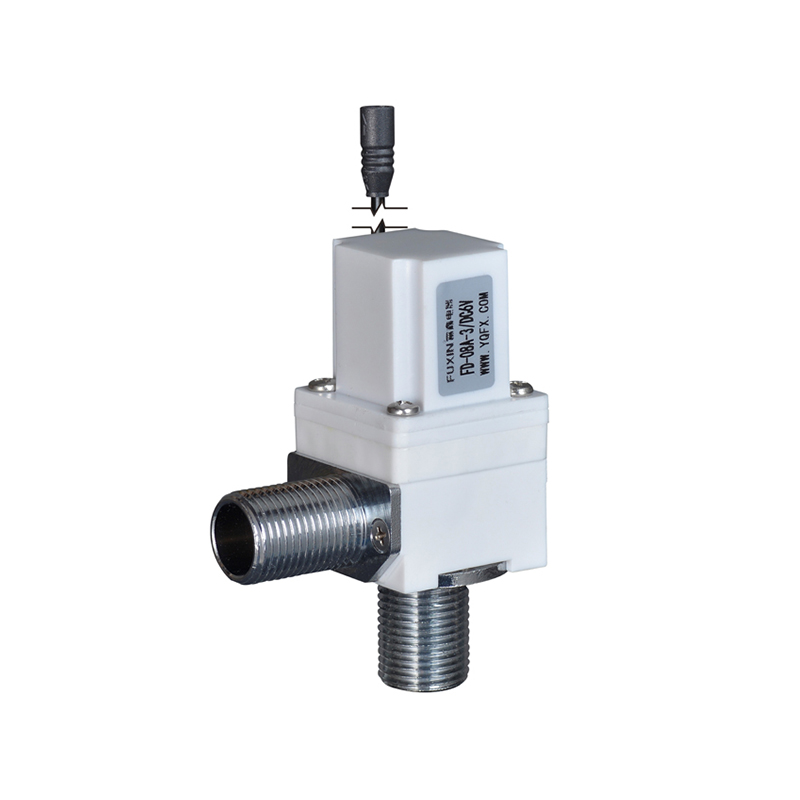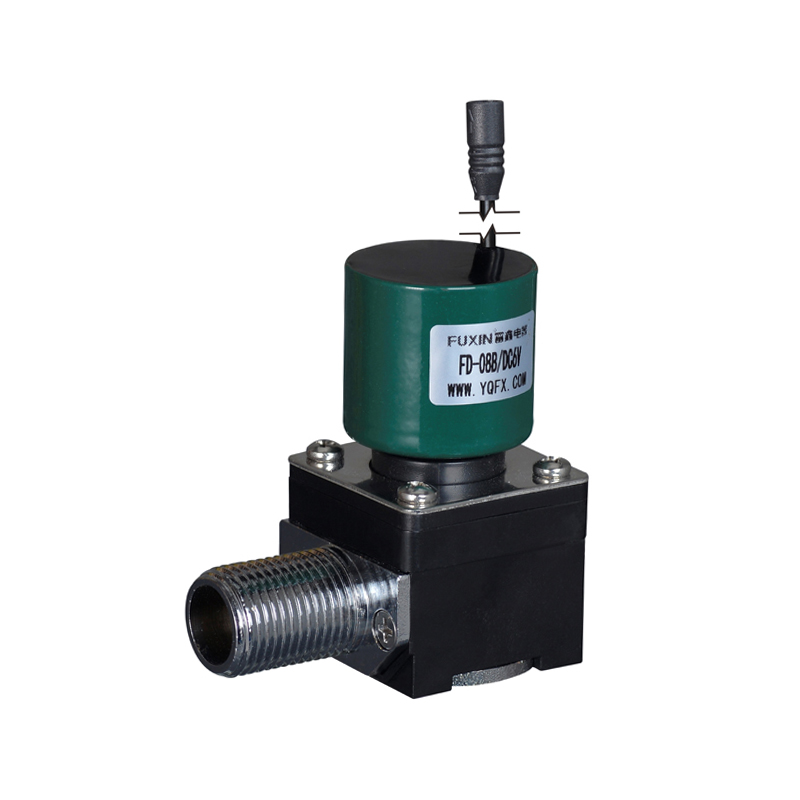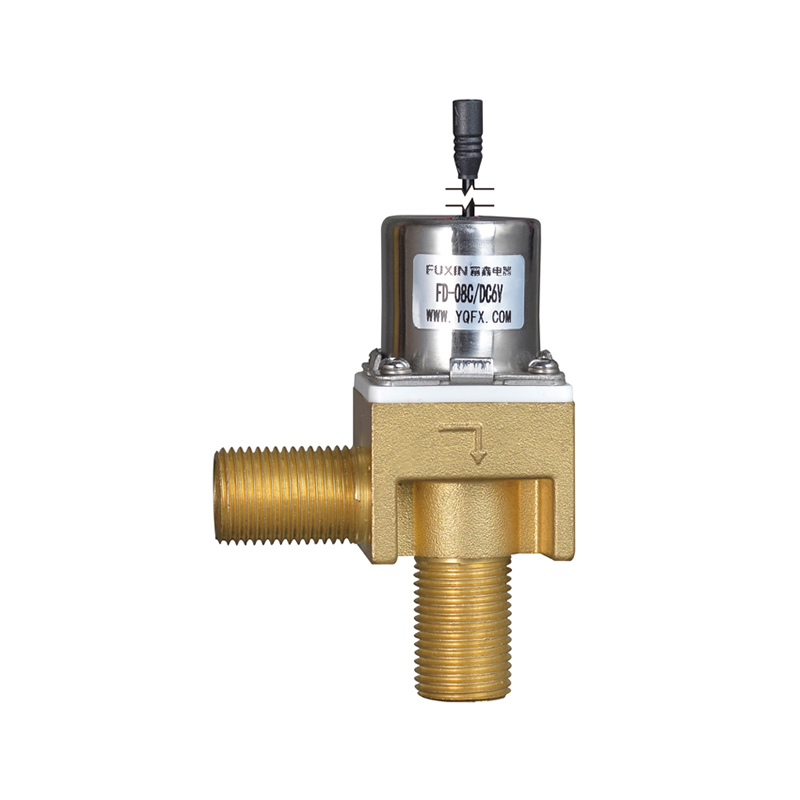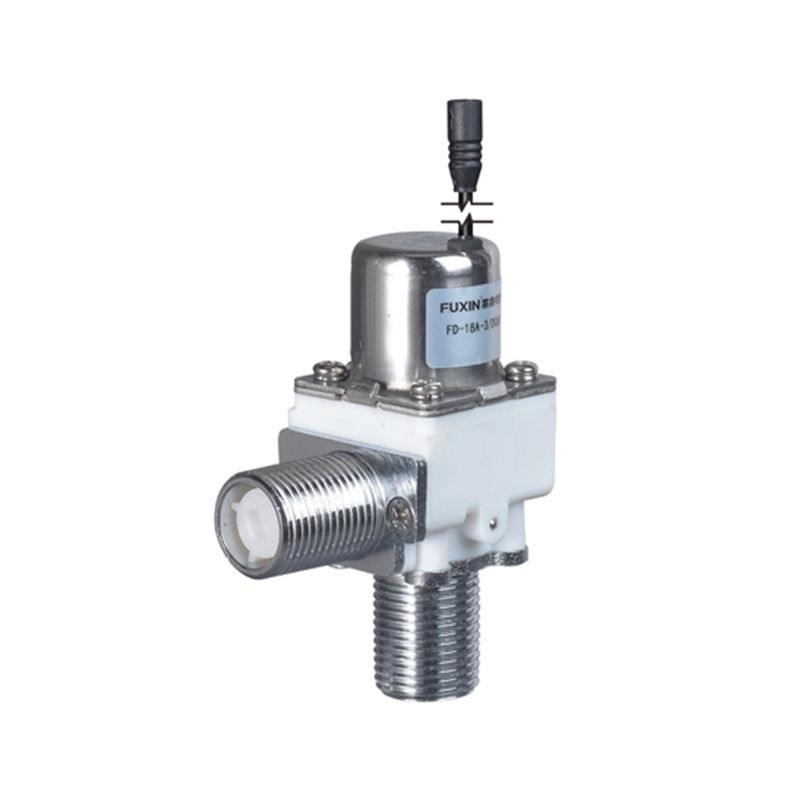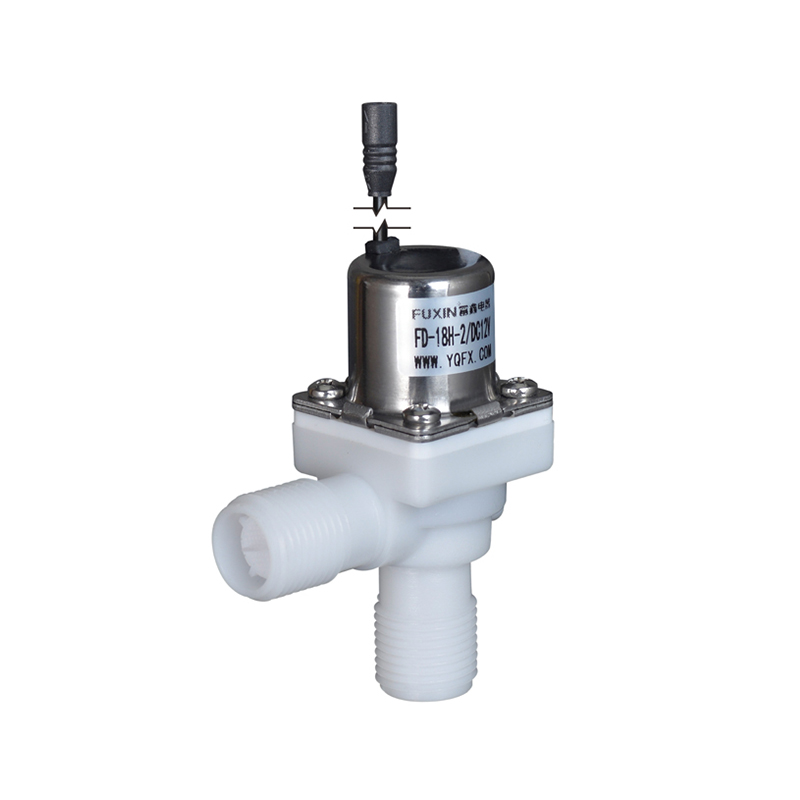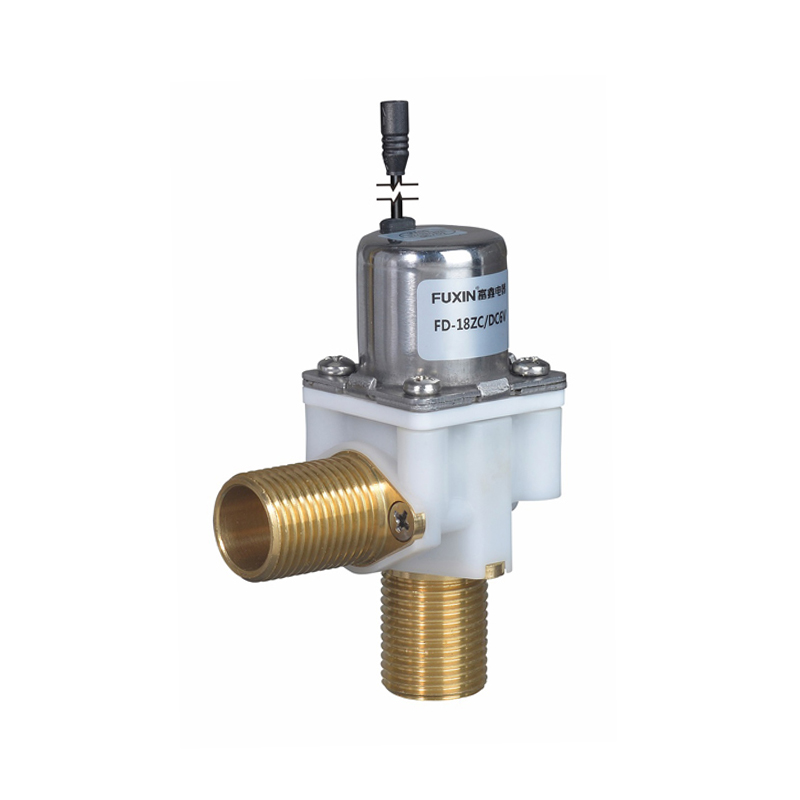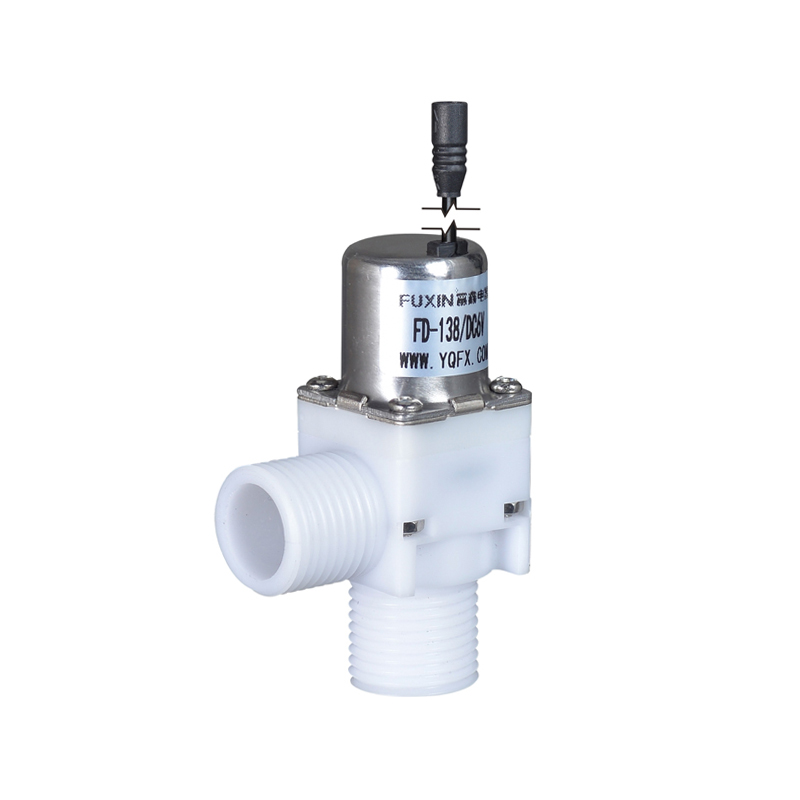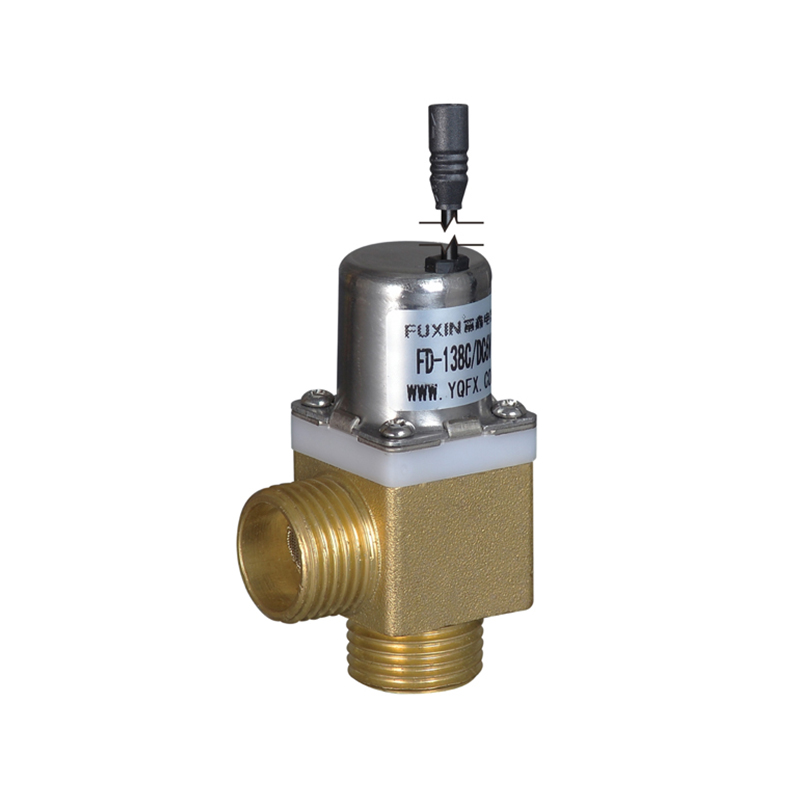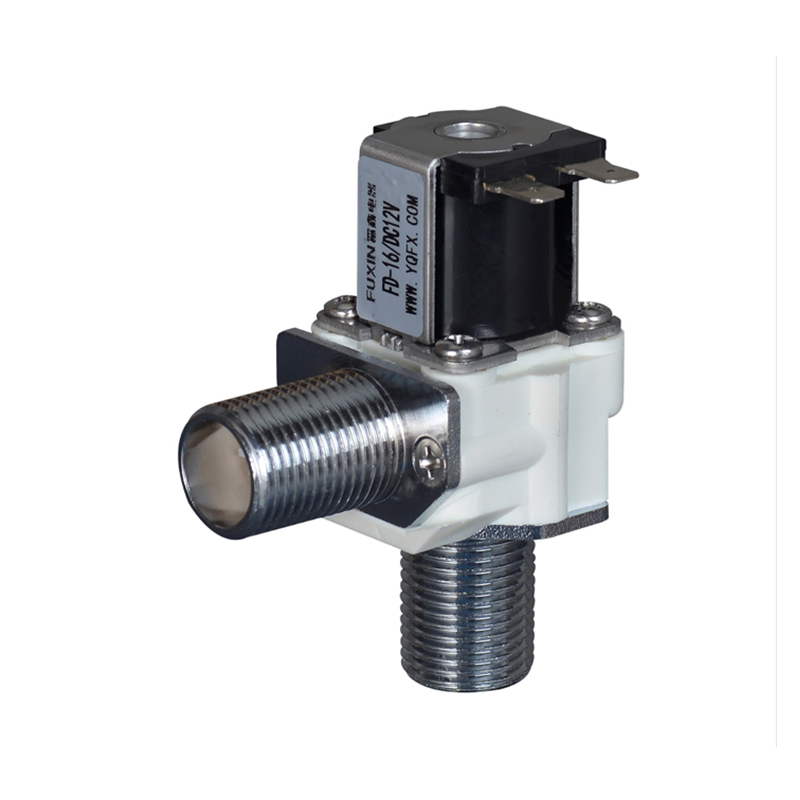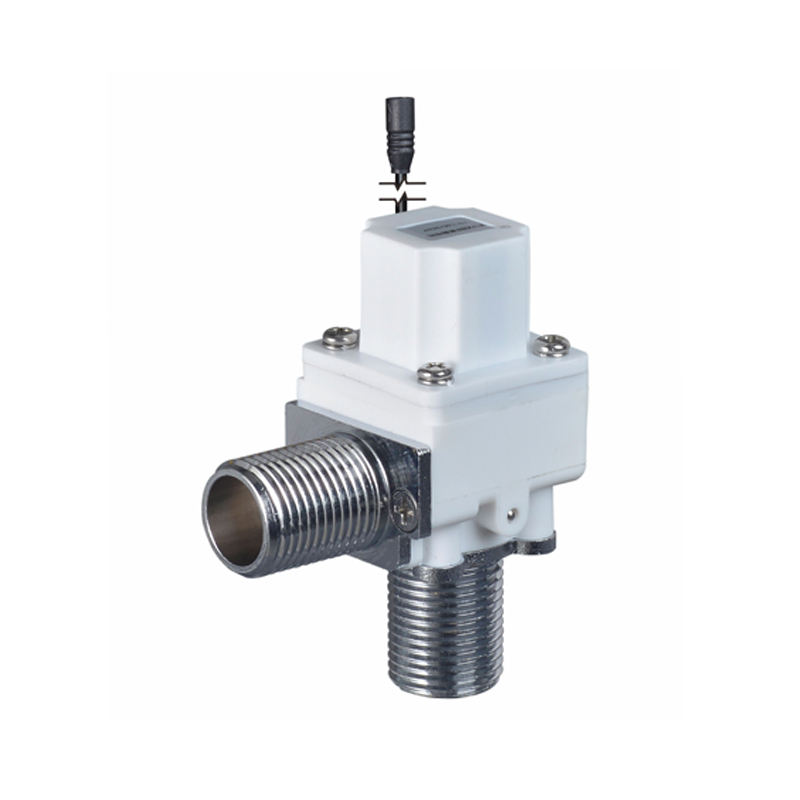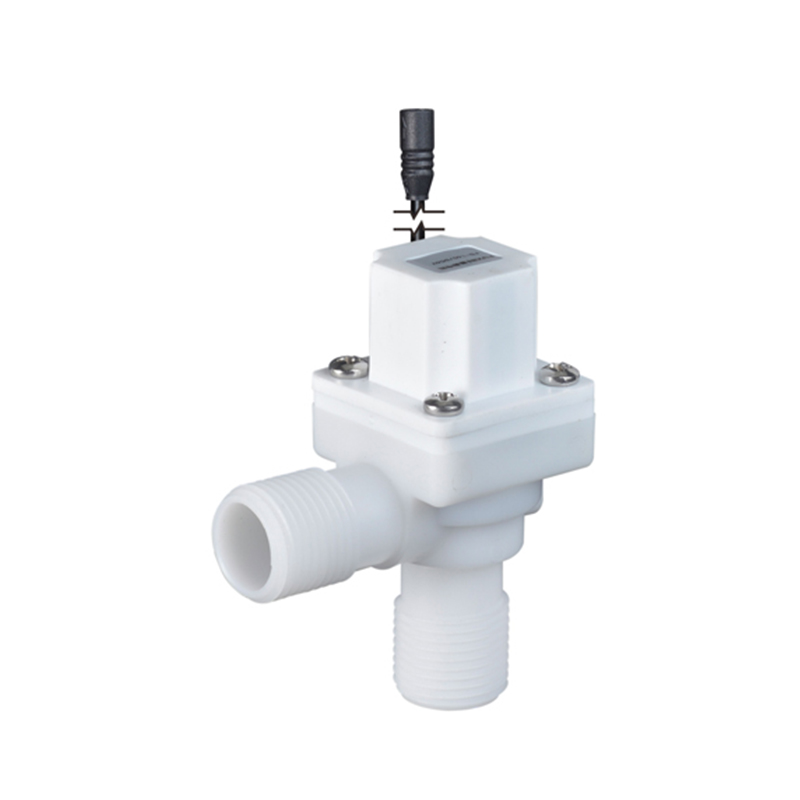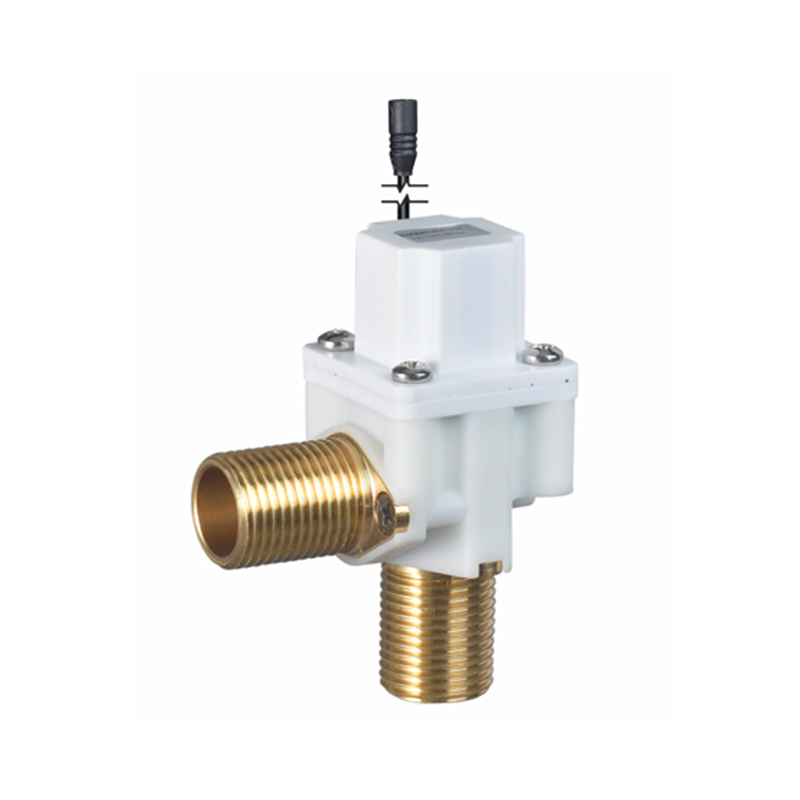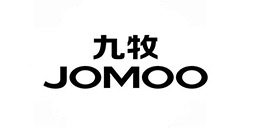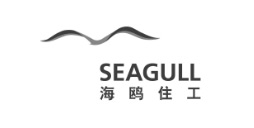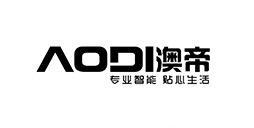In recent years, the bi stable solenoid Valve has emerged as a key component in modern fluid control systems, particularly in the fields of heating, ventilation, and air conditioning (HVAC) and water management. Known for their energy efficiency and reliable performance, bi stable solenoid Valves are increasingly favored over traditional valve types. Their unique ability to maintain position without continuous power makes them especially suitable for applications where energy conservation and long-term reliability are essential.
A bi stable solenoid Valve operates using a latching mechanism that allows it to stay in either an open or closed state without the need for a constant electrical supply. This is achieved through the use of permanent magnets, which hold the valve in its last commanded position. As a result, the bi stable solenoid Valve only consumes power during the moment of switching, significantly reducing energy usage compared to conventional solenoid valves that require continuous current to remain in a given state.
In HVAC systems, where precise control of refrigerants and gases is critical, the bi stable solenoid Valve offers a distinct advantage. It ensures performance by maintaining flow control with minimal energy input, which is particularly valuable in systems that operate around the clock. The reduced power consumption not only lowers operational costs but also contributes to the overall sustainability of the system.
Water management is another sector where the bi stable solenoid Valve is making a noticeable impact. With the growing adoption of smart water meters and automated irrigation systems, there is a rising demand for components that can function efficiently in remote or battery-powered environments. The bi stable solenoid Valve fits this requirement perfectly, as its low power draw extends battery life and reduces maintenance needs.
Moreover, the durability and longevity of the bi stable solenoid Valve make it a preferred choice for both urban and industrial water systems. These valves are designed to withstand harsh conditions, including temperature fluctuations and exposure to various chemicals, without compromising performance. This reliability is crucial in preventing leaks and ensuring consistent water distribution.
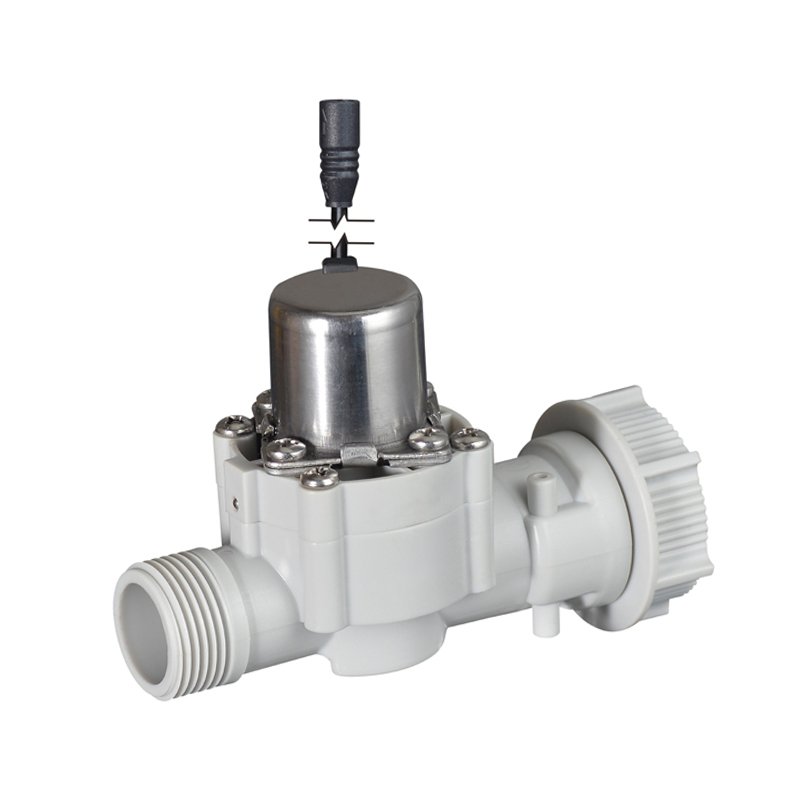
The integration of smart technologies into fluid control systems has further boosted the appeal of the bi stable solenoid Valve. Modern versions of these valves can be equipped with sensors and communication interfaces, enabling real-time monitoring and remote operation. This capability aligns with the broader trend toward automation and data-driven management in both HVAC and water infrastructure.
From a design perspective, the bi stable solenoid Valve is also benefiting from ongoing innovations. Manufacturers are focusing on miniaturization, allowing these valves to be used in compact systems where space is limited. At the same time, improvements in materials and manufacturing processes are enhancing the valve’s resistance to wear and corrosion, further extending its service life.
Despite these advantages, the adoption of bi stable solenoid Valves does come with certain considerations. Initial costs can be higher than those of traditional valves, and the technology may require specialized knowledge for installation and maintenance. However, the long-term benefits in terms of energy savings, reduced downtime, and lower maintenance requirements often outweigh these initial challenges.
In conclusion, the bi stable solenoid Valve is gaining traction in HVAC and water management due to its energy efficiency, reliability, and compatibility with modern automation systems. As industries continue to prioritize sustainability and operational efficiency, the role of the bi stable solenoid Valve is expected to grow even further. Whether in climate control systems or smart water networks, this innovative valve technology is proving to be a valuable asset in the evolution of fluid management solutions.


 EN
EN English
English Español
Español
